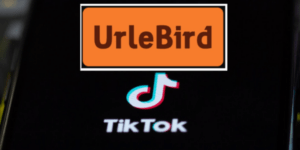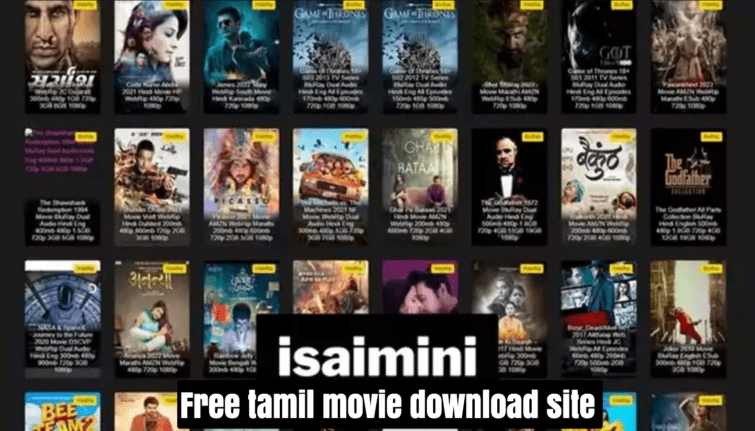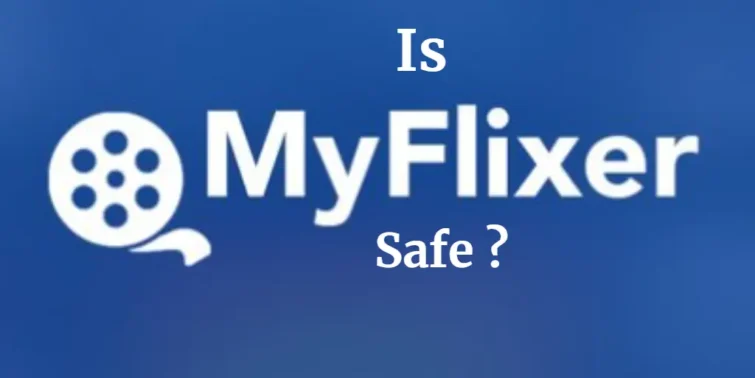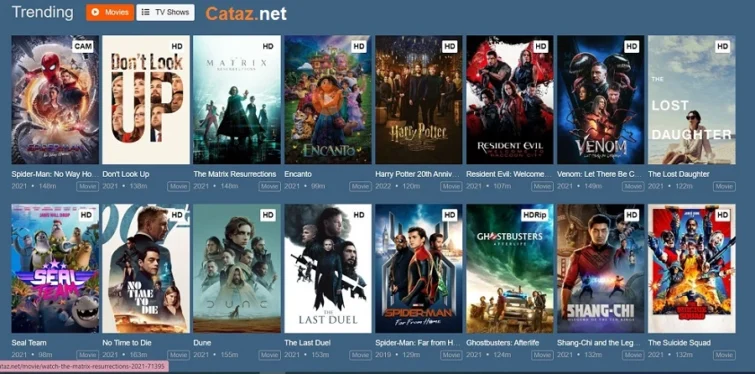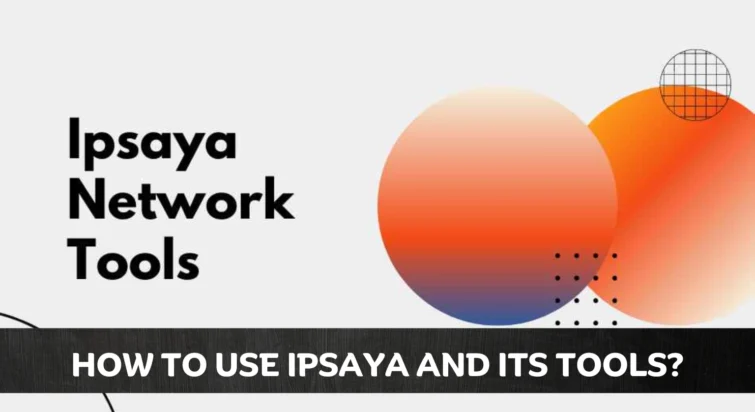MLM is a way of selling products where you earn money not just by selling, but also by getting other people to join and sell too. But, sometimes these companies are not fair or honest. Here you will find the top 10 blacklisted MLM companies of 2024 from different areas like crypto, retail, lifestyle, health, beauty, and other type of investments. Multi-level marketing companies, or MLMs, keep growing, but many use tricks that aren’t good for the people who join them.
These MLMs often promise big things like making lots of money and being able to work from home. But, in reality, most people who join these MLMs lose money instead of becoming rich. In 2024, there are some MLMs that are seen as really bad by people who watch over these things, like regulators and consumer groups, and even by people who used to work for these MLMs. Getting involved with these blacklisted companies can spell financial disaster for participants – hence why regulators strongly advise avoiding participation.
Also check Mygroundbizaccount account and What Is Carrier Hub App
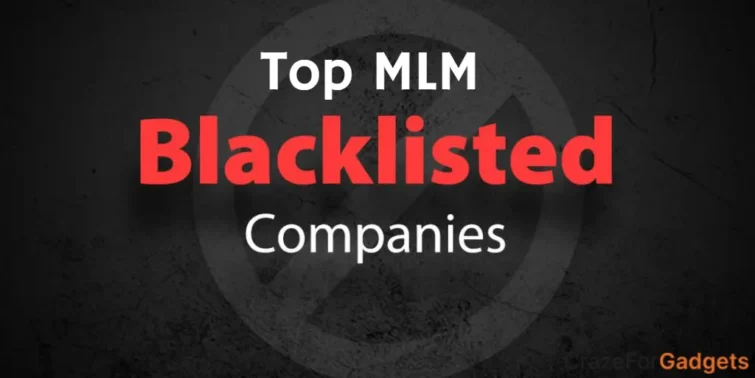
Quick view
Top 10 List of Blacklisted MLM Companies of 2024
Forsage
The company Forsage launched in 2020 as a pyramid scheme disguised as a cryptocurrency investment platform. Promising unusually high returns for recruiting others into the scheme, Forsage saw rapid growth by targeting young investors. However, the supply of new recruits was finite. By July 2022, the scheme collapsed when rising bitcoin prices and an oversaturated market stopped growth.Forsage, a purportedly decentralized finance (DeFi) cryptocurrency investment platform, raised approximately $340 million from victim-investors.It is recognized as one of the top list of blacklisted MLM companies.
Qnet/Vihaan
QNet, a Hong Kong based company founded in 1998 by Vijay Eswaran and Joseph Bismark recognized as a Ponzi scheme, operates as a multi-level marketing company.Lots of luxury items are shown to decieve people with the promise of quick wealth by selling a range of products, from health supplements, watches to holiday packages. However, instead of focusing on actual product sales, QNet heavily relies on recruiting new members, a typical trait of a Ponzi scheme.
Over the years, QNet has faced numerous legal challenges such as legal issues in Malaysia and public outcry across different countries result its banned in several countries, including China, India, and Malaysia.See the pain of people in the bbc article who are cheated by Qnet.It is also recognized as one of the top list of blacklisted MLM companies.
OneCoin
OneCoin started in 2014, saying it was a new kind of digital money (cryptocurrency) and would change the world economy. But, later, people who check on these things found out that the digital money and its system (blockchain) they talked about weren’t real. OneCoin made money by getting new people to join and used their money to pay the people who joined before – this is what a Ponzi scheme does.
Even after people were warned, OneCoin became popular worldwide by 2016. Then, the people who make sure things are fair started to take action. In 2017, Ruja Ignatova, who started OneCoin, disappeared after probably taking a lot of money from many people. Today, OneCoin is not as big, but in some places, people still try to get others to join this fake investment.
PACL Ltd
PACL Ltd, formerly Pearls Agrotech Corporation Limited, solicited investments from millions of mostly small farmers and rural Indians to supposedly finance agricultural land deals from which investors would receive lucrative profits. However, in reality the company collected over $5 billion without developing or purchasing any actual assets. Instead, PACL cycled funds in a mammoth Ponzi scheme that relied on using deposits from new investors to pay returns to earlier backers until inevitable collapse in 2015.
Indian authorities described PACL as one of the largest illegal financial operations ever uncovered in the country. Yet due to lax initial enforcement, PACL managed to perpetuate the Ponzi scam for nearly two decades, robbing millions through brazen fraudulent practices. Read more PACL chit fund scam: 1.27 million investors get back a total of Rs438 crore
Crowd1
Crowd1, identified as a Ponzi scheme, emerged as a digital platform promising huge returns from online products and educational packages. It primarily made money by getting new members to join and pay fees. These fees were then used to pay earlier members, a classic sign of a Ponzi scheme where payouts rely on continuous recruitment.
SpeakAsia Online
SpeakAsia entered India in 2010, promising extra income for participants who completed simple online surveys. However, few if any actual surveys materialized. Instead, business relied almost exclusively on fees from new recruits lured by deceptive claims of outsized earnings.
Watchdogs soon recognized SpeakAsia exhibited telltale signs of an investment Ponzi scam designed to funnel money to early entrants until markets were saturated, then closure left the majority losing savings invested in empty promises. Indian police ultimately accused SpeakAsia of amassing huge sums through unregistered fraudulent financial dealings. Read Inside SpeakAsia Ponzi scam: how 2.4 million Indians lost savings.
Royal Q
Royal Q is a website that claims to be about artificial intelligence and digital currency trading. When you visit their homepage, they say they’ve been doing digital currency trading for four years. However, when checking their website’s details, it shows that they only started in February 2021, not four years ago. Also, they say they’ve made a lot of profit in just a year and a half, but there’s no proof of this on their website, like a financial report. They also talk about an AI trading bot but don’t give any details about who made it or how it works.
People are questioning if Royal Q is really just a pyramid scheme. They encourage people to build a community and earn bonuses by referring others, which sounds like a multi-level marketing scheme. One user on Quora even called it a pyramid scheme because you make money from the profits of people you refer. Moreover, the Securities and Exchange Commission of the Philippines has warned that Royal Q might be a Ponzi scheme, using new investors’ money to pay older ones. All this makes it seem very likely that Royal Q is not a trustworthy business. It’s better to stay away from it.
Meta Force
MetaForce is a new scheme by Lado Okhotnikov, known for running several Ponzi schemes like Forsage. His last one, Forsage BUSD, started in early 2021 but didn’t become popular. It mainly attracted investors from poorer countries. In early 2022, Okhotnikov announced another scheme, Forsage Force, which later became MetaForce.
The MetaForce website was set up in January 2022. Okhotnikov, who is believed to be Russian, is currently whereabouts unknown, but MetaForce’s Facebook page is managed from Russia, Ukraine, and Georgia. Most people visiting the MetaForce website are from Russia, the US, Kazakhstan, and Belarus.It is among one of the top list of blacklisted MLM companies.
Amway
Amway relies on a multi-level recruiting model where participants earn money both by selling health and beauty products and recruiting others into their “downlines” to build large sales teams. Amway make big claims that distributors can earn a respectable earning but in reality, one internal study showed more than half of distributors made no profit and over 90% earned less than $1,000 annually from the company. Critics contend that Amway’s true retail customers are its own distributors, making the company akin to a legalized pyramid scheme with the vast majority of participants losing money.
Younique
Younique is a multi-level marketing cosmetics company relying predominantly on social media for promotion and sales through individual distributors. Since its launch in 2012, Younique has faced consistent criticism of its business structure and claims that most distributors lose money on expensive inventory they struggle to sell. Younique collected over $400 million from distributors between 2016-2019 while around 70 percent of distributors made average bonuses of only $14 a month. High costs and low retail sales lead a majority of distributors to quit annually. Critics allege Younique’s income relies on a triangle-shaped hierarchy where very few profit, while most makeup money by perpetually and unsuccessfully recruiting others in what resembles an illegal pyramid scheme.Read this Forbes publication
Primerica
Primerica is a multi-level marketing financial services company where representatives can earn money by selling Primerica products like term life insurance, investments and loans. Complaints question why over 90 percent of Primerica reps earn very little yearly or lose money entirely if the model was indeed a viable business.
Tips to avoid blaclisted MLM Companies
Below are some tips you can follow and avoid getting involved with a blacklisted or illegal MLM/pyramid scheme:
- Carefully research any MLM before joining. Check for complaints, investigations, lawsuits, and fair business ratings from unbiased sources like the Better Business Bureau. Beware of MLMs with many negative reviews.
- Watch for red flags like requiring hefty upfront purchases, emphasizing recruiting, complicated pay structures, refusing to disclose earning information, high-pressure sales tactics, and claims that seem too good to be true.
- Ask for income disclosures that transparently show how many active distributors are actually making money and how much on average. Lack of transparency is a major warning sign.
- Test retail viability by trying to buy products as an ordinary customer. Beware if pushing recruitment versus genuine retail sales.
- Talk to actual distributors to hear firsthand experiences.
- Steer clear of newer companies with short track records as the risk of collapse and losses is higher. Established history helps validity.
- Research founders for questionable histories with legal issues, bankruptcies, ties to past MLMs shut down by regulators.
- Consult consumer protection watchdogs regarding the latest MLMs to avoid due to investigations, allegations or fair business violations. Stay vigilant and don’t get drawn in by hype.
Also read What is the daylight trend on TikTok? and Damon Salvatore Rule 35
